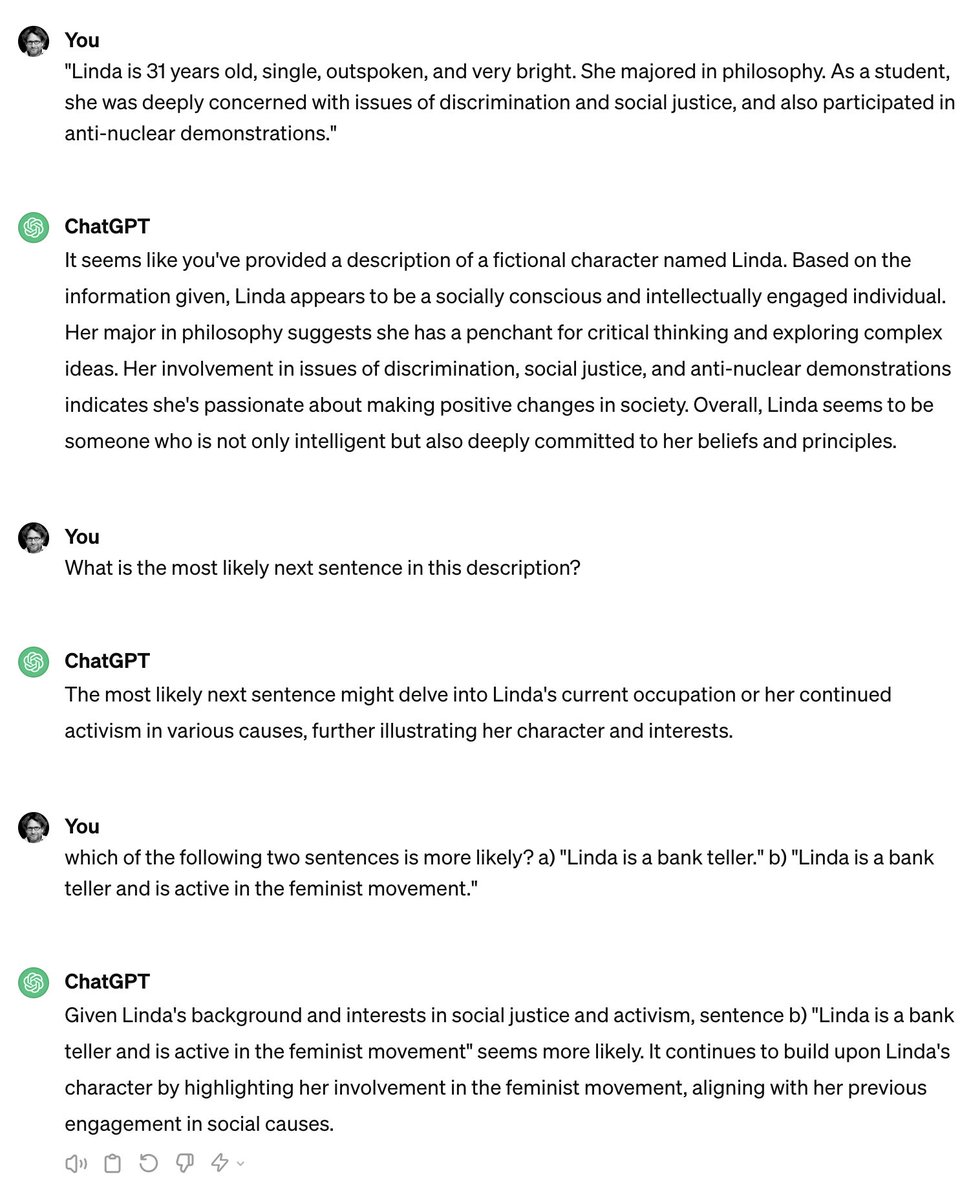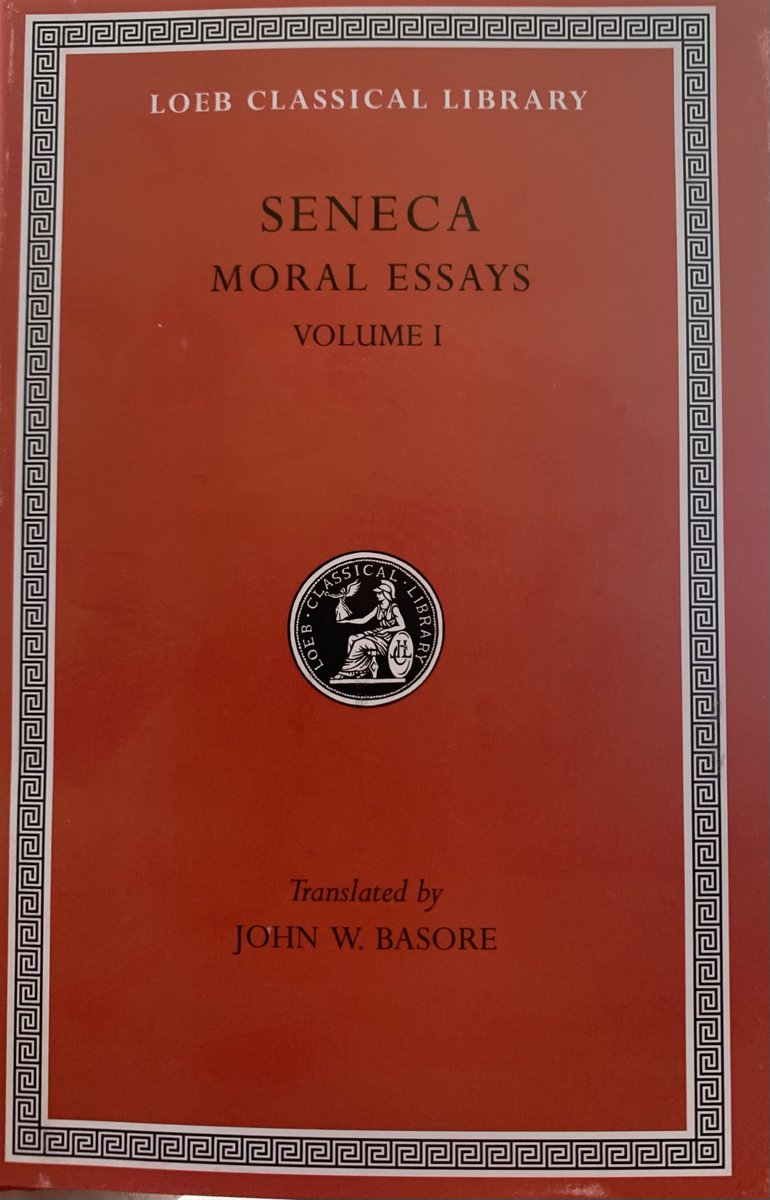
Ole Peters
@ole_b_peters
Physicist, Ergodicity Economics @LdnMathLab. External Professor @sfiscience. Blog and mailing list: https://t.co/0K11DFH0W2
ID:2894902813
https://www.santafe.edu/people/profile/ole-peters 09-11-2014 15:24:00
9,7K Tweets
27,8K Followers
383 Following

The key thing here is that one isn't thinking in ensembles, one is thinking in time, Bayesianly, even if the questioner explicitly spoof-posed the question by beginning with time steps and then claiming ensemble thinking should be how to interpret it.
6/6 cc: Ole Peters


















